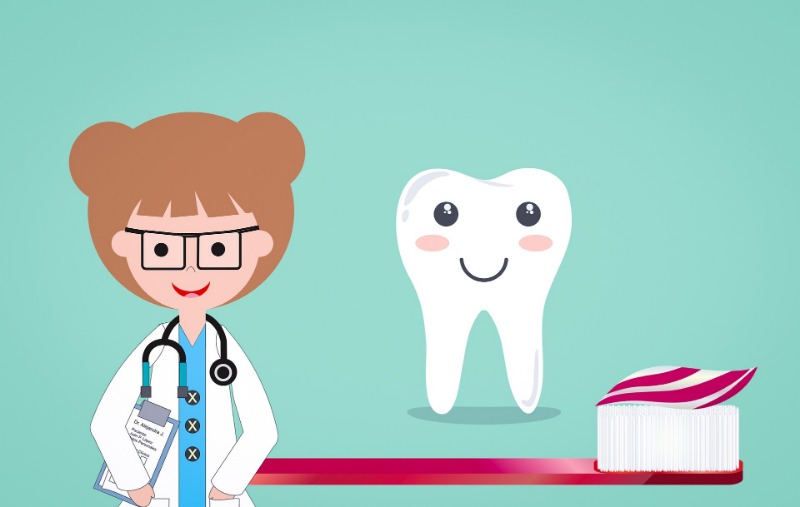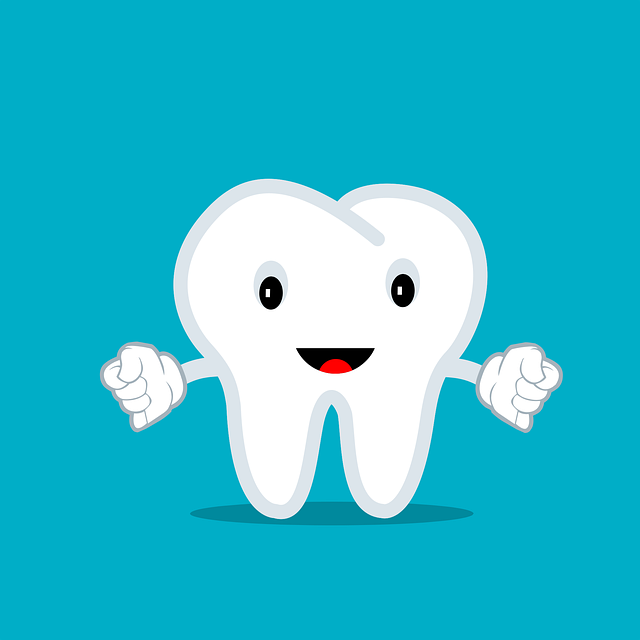4 Important Facts about Baby Teeth that You Need to Know

When will my baby’s teeth start showing? What should I do to minimize the teething pain of my little one? When should I start brushing my child’s teeth? Looking closely at your baby’s lower jawline, these are the questions that pop up in your mind. As you see a blurred hint of white underneath the perfect pink gums; you get excited and worried as well. Realizing that your baby’s teeth are at last starting to poke through, you get excited immediately.
It’s what you’ve been waiting for in this beautiful, fascinating experience for a long. New parents habitually ask dentists many questions about baby teeth. And that’s reasonable. The dentists enjoy answering them. Baby teeth are fun!
4 Important Facts about Baby Teeth that You Need to Know
Baby Teeth Need Proper Nutrition
To ensure that your little one maintains a healthy smile help your child maintain a healthy diet. Ensure that the food to give to the little one is high in fiber. Give the kid enough fruits, vegetables, and nutrients. For healthy teeth, your kids should be eating the suggested amounts of dairy products, which contain calcium and magnesium.
- The teeth don’t appear suddenly. All 20 baby teeth are already there! To put the fact, it just takes a few months for them to start pushing through the gums. Interesting, right?
- The central incisors: The two teeth at the center of the lower jaw — normally grow in first. The two top incisors generally come up next.
- The enamel on baby teeth is tough but vulnerable: Tooth enamel, to put it in simple words, is the hardest substance in the body. However, it is always under constant attack by acids, sugars, and other external forces. Help keep your child’s tooth enamel well-built, hale and hearty. Make sure they limit sugar intake, drink plenty of water, and follow a good dental hygiene habits!
- The second molars of the upper and lower jaw are normally the last to come in. The lower second molars typically come through before the upper molars. This happens when a child is 2 years old. Most children have a complete set of primary teeth by the time they are 3 years old.
Some Other Facts:

- Baby teeth can be lost too early –Parents should understand that tooth loss usually starts around the age of 6 and concludes around the age of 12. Distinctions are general, evidently, but if teeth are lost ahead of time, schedule a visit with our MyDentistBurbank to ensure your child’s teeth are healthy and strong.
- Long-lasting exposure to sugary drinks can cause those beautiful little teeth to perish. Hence, stay away from filling bottles with juice or other sugary drinks. To put it in simple words, try to keep on plain water or milk.
- Avoid sharing spoons or straws with your baby. Cavity-causing bacteria in your mouth can transmit to your child’s mouth, causing tooth decay.
- You may choose to start brushing your child’s teeth with a soft toothbrush when he or she is about 18 months old. It is recommended to use a very small amount of fluoride toothpaste. Thus far, softly use a clean, moist gauze pad to keep your infant’s gums and teeth hygienic.
Burbank Baby Teeth Care at MyDentistBurbank
It’s important to start teaching your child the importance of proper dental care as soon as possible, and that includes regular visits to the dentist. If your child is about that age, make an appointment today to see Dr. Fienman in West Bloomfield.


